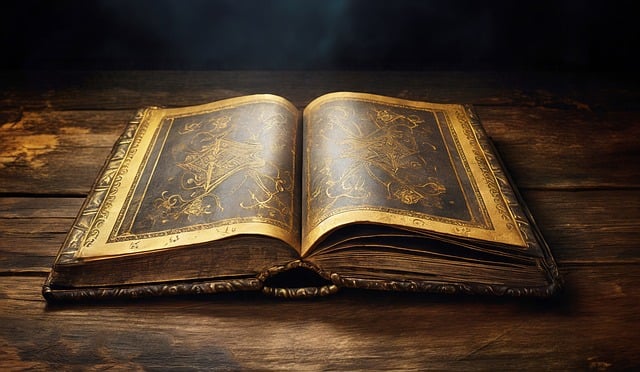Witch doctors, also known as shamans, healers, or traditional healers, have existed in various cultures throughout history. Rooted in ancient traditions and beliefs, these individuals possess a unique understanding of spirituality, herbal medicine, and ritual practices. This article aims to shed light on the fascinating world of witch doctors, exploring their roles, practices, and the cultural significance they hold.
Understanding Witch Doctors: Roles and Beliefs
Witch doctors are revered figures within many societies, serving as intermediaries between the spiritual and physical realms. Their primary role involves healing and addressing various ailments, both physical and spiritual, through rituals, spells, and herbal remedies. In many cultures, witch doctors also play a crucial role in spiritual guidance, divination, and solving conflicts within the community.
Cultural Diversity: Witch Doctors Around the World
Witch doctors can be found across the globe, each with their own unique cultural practices and perspectives. Here, we explore some notable examples:
1. African Witch Doctors: In many African countries, witch doctors play a significant role in traditional healing practices. They often combine herbal medicine, ritualistic practices, and incantations to diagnose and treat illnesses. African witch doctors are highly respected and are believed to have the power to communicate with spirits and ancestors.
2. Indigenous Shamanism: Among indigenous communities in North and South America, witch doctors are known as shamans. Shamans use a variety of techniques, including chanting, drumming, and dancing, to enter altered states of consciousness to facilitate healing. They also act as spiritual guides, providing wisdom and imparting knowledge to their community.
3. Asian Traditional Medicinal Practices: In countries such as China, India, and Indonesia, witch doctors, or traditional healers, work within the framework of ancient medical systems such as Traditional Chinese Medicine and Ayurveda. With a deep understanding of acupuncture, herbal remedies, and energy balancing, Asian witch doctors are highly sought after for their expertise.
4. European Witchcraft: Although heavily stigmatized during the Middle Ages, witchcraft in Europe had its roots in ancient pagan traditions that included healing practices. Considered a mix of folklore, herbalism, and divination, these witch doctors often faced persecution from society due to their perceived association with dark magic.
Modern Perspectives: The Relevance of Witch Doctors Today
As societies evolve, so do perspectives on traditional healing practices. Here, we explore the modern relevance of witch doctors:
1. Alternative Medicine: With the rise of holistic approaches to health and wellness, witch doctors and traditional healing techniques are gaining recognition in many Western societies. The emphasis on natural remedies, spiritual well-being, and energy healing aligns with the principles practiced by witch doctors around the world.
2. Cultural Preservation: Witch doctors are crucial for preserving diverse cultural practices and spiritual beliefs. In many communities, their continued presence ensures that ancient traditions are passed down through generations, maintaining a sense of identity, community cohesion, and ethnic pride.
3. Collaboration with Conventional Medicine: In certain contexts, witch doctors and conventional healthcare professionals work together to provide comprehensive care to patients. This integration recognizes the value of both traditional and modern medical approaches and allows patients to benefit from different healing modalities.
Misconceptions and Challenges
Despite their integral role in society, witch doctors often face challenges and misconceptions. Here are a few:
1. Misunderstanding: Due to cultural differences and lack of awareness, witch doctors are sometimes misunderstood as mere charlatans or practitioners of black magic. It is important to appreciate the rich cultural heritage and healing practices they represent.
2. Ethical Concerns: As with any healthcare practice, there is a need for ethical guidelines to ensure patient safety and protect against exploitation. Regulations and accreditation processes can help ensure the authenticity and integrity of witch doctors and their practices.
Conclusion
Witch doctors are guardians of ancient traditions, healers of body and soul, and cultural custodians. Their deep-rooted knowledge, spiritual connection, and intuitive understanding of healing continue to play a vital role in diverse societies. By exploring and appreciating the wisdom, rituals, and beliefs of witch doctors, we gain a greater understanding of the rich tapestry of human culture and the importance of holistic approaches to well-being.

